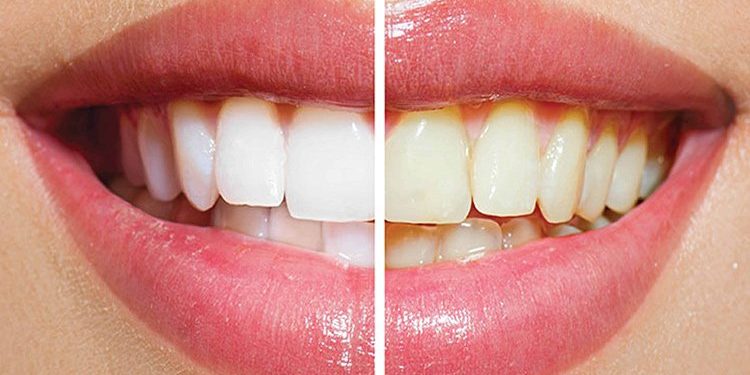You may be wondering how long teeth whitening last. White teeth can last anywhere from six months to three years, depending on your lifestyle and the type of whitening you've chosen. The results are often noticeable right away, but the best way to keep them brighter is to brush twice a day. Here are a few tips to keep your smile whiter longer. Read on to learn more. Listed below are three reasons to choose professional teeth whitening over at-home whitening.
In-office whitening vs. at-home whitening
When comparing in-office and at-home teeth whitening procedures, there are several key differences. In-office whitening produces faster results than home whitening methods, which usually require 2-4 weeks to see the desired results. At-home teeth whitening products are more costly and may take longer to produce the same results. For these reasons, a visit to your dentist may be your best bet.
In-office teeth whitening is more expensive than a home kit, but you can often pay off the cost over time if you have good credit. Home whitening products contain less hydrogen peroxide and may not offer as dramatic shade changes. However, you can purchase at-home whitening kits online. At-home whitening kits may be more effective than the in-office method, but dentist-dispensed products are a better choice for a quick, affordable solution. This experienced cosmetic dentist in Avon Lake also adds that there are stains that home whitening kits cannot remove. In these cases, professional teeth whitening is needed.
The main difference between at-home whitening and in-office whitening lies in the cost. While both methods will produce whiter teeth, at-home whitening may take a week to see noticeable results. The at-home method can leave your teeth incredibly sensitive because the trays are not custom-fitted. Moreover, at-home teeth whitening kits can cause your teeth to become sensitive due to overuse and may not be safe to use.
Treatment of intrinsic stains vs. extrinsic stains
Intrinsic stains are a result of the accumulation of chromatogenic substances on the outer surface of teeth. The pigments are also the result of oral hygiene practices and medications. Excessive fluoride use has been linked with intrinsic stains in children. In some cases, intrinsic stains are simply genetic. A
Intrinsic stains are harder to remove. Whitening gels and custom-fitted trays are the most effective methods to remove these stains. Since these stains affect the dentin of the tooth, the whitening gel can be absorbed into the dentin. Intrinsic stains may require professional whitening. Despite the complexity of intrinsic stain removal, it is possible to whiten your teeth at home with certain home whitening products.
Despite their similarities, intrinsic stains are more permanent than extrinsic stains. They may have been caused by oral trauma, poor oral hygiene, or certain medications. Extrinsic stains can also result from a dental injury. Unlike extrinsic stains, intrinsic stains do not respond to teeth whitening products. Consequently, they are difficult to treat.
Brushing after teeth whitening
While teeth whitening is an excellent way to improve your smile, brushing your teeth after each meal can make it less noticeable. During the day, brushing after eating can help to protect the new white color, and brushing after a meal helps remove food particles and bacteria that can stain teeth. After a teeth whitening treatment, avoid foods and drinks that stain teeth, such as blueberries, wine, and tobacco products.
Dark drinks and foods can stain teeth right away after a teeth-whitening session. Avoid drinking coffee, tea, or colored sodas, as they can cause stains. You should also avoid eating and drinking foods with acidic or greasy ingredients. If you still must drink these foods, try sipping through a straw. A reusable straw can help you brush your teeth more effectively. You should also avoid drinking coffee and tea, which stain teeth, especially after a teeth whitening session.
If you choose to brush your teeth after a teeth-whitening service, you should use a soft-bristle toothbrush and a mild toothpaste. If you are sensitive to harsh chemicals, you may find success using sensitive-toothcare products. Fluoride toothpaste may reduce the risk of sensitivity. Tobacco and vaping should also be avoided after a teeth whitening treatment to avoid further sensitivity.
























